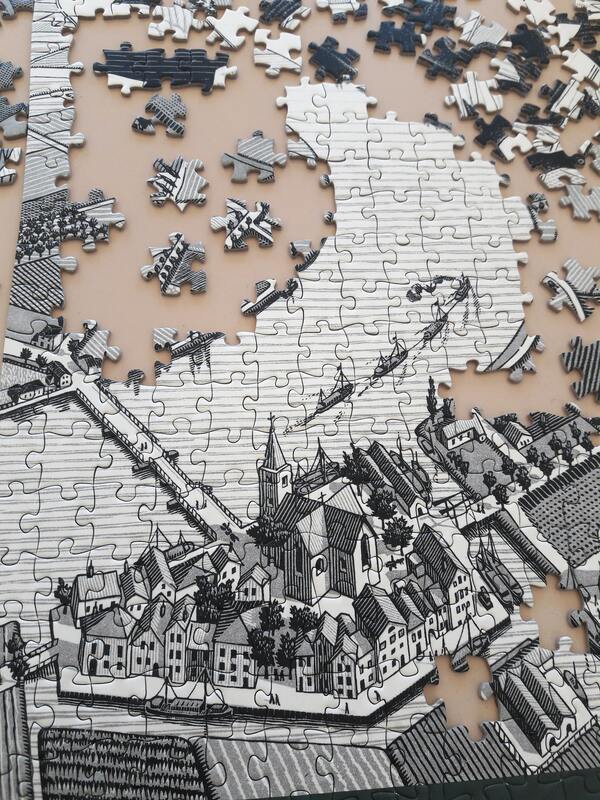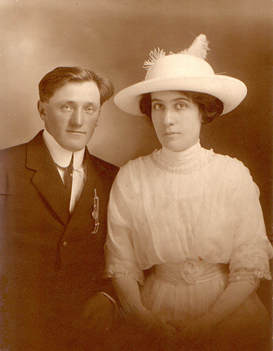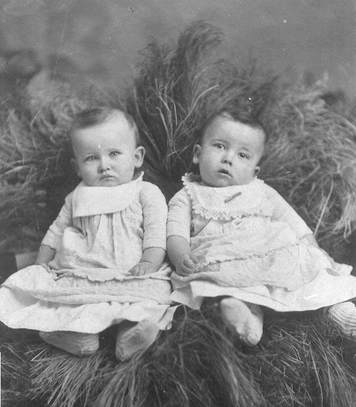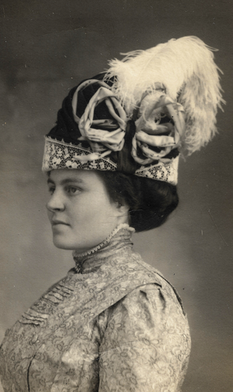 Photo by Wonderlane on Unsplash How has your genealogy researching been in 2022? Are you finding new information? Reviewing old data? Finally starting to write your family history? I have been exploring a new area of my family tree or should say that I’ve been digging deeper into an area that has provided an abundance of information. With this additional information has come contradictions and more questions. I am continuing to look for new ways to improve my genealogy research. Let’s look. As more French records have become available on Ancestry and My Heritage and other sites, I’ve been delving deeper into that particular branch. Looking at “in-laws” of my ancestors to see if I can tease additional clues about the family, hoping to discover additional records. Overall, it has been a satisfying endeavor. Recently I had a puzzle regarding an ancestor's sister-in-law’s siblings. The parents and locations are correct but within the birth and death records I have variations on a sibling’s name and birth/death dates. Here is the puzzle:
Do you have any family puzzles like these? Even two people with the same name but conflicting dates can cause a genealogy headache. Obviously, I can’t just assume that they had five boys with the name Clement. And I would never just put them in my family tree…even though I have the original documents…until I figured out the relationships, names, and dates. Are some of these duplicates but because of poor transcription or clerical errors, they appear as individuals? (This is likely the case with b & c.) Or did the family really keep trying to have a child with the name Clement. How do I solve this problem? Here is what I plan to do next: 1. Review the source data and the transcription again. Even though I’m not a French speaker, I have been transcribing BMD records thanks to Microsoft Translate and Google Translate. Did I misread the record, or did whoever transcribed the record on one of the major sites make a mistake? It is time to go back to basics and scroll through the information again. 2.Look at Family Trees for clues. I never take published family trees at face value until I have looked at their source information and determined that they did indeed have proof. If I see the source information as someone else’s family tree, then I run the other way…well not really but I do go look at those trees to see if someone has actual tangible proof of this information. Having said that, it still helps to see if the same names and places keep showing up in those trees. I look at that as an opportunity to investigate additional records to prove out those names. And remember just because someone has a source record noted, you still need to review to determine if it is correct for that individual on the tree. 3.Look at the timeline of people and events If a family has lived in one place for all their children and suddenly one is born across the country, try to see if you can find additional proof using census records of that area. Were they visiting family? Why were they there? I have seen crazy family trees that list someone’s death and then amazingly they are on a census record ten years later in another state. In my example at the beginning, could there be two couples with the same name? One of the blessings of French BMD records is that it states the names, ages, place of birth and residence of all the interested parties. The odds become less likely that there are two couples with identical names and birth places and years. There are many articles about improving your research skills. Books that focus on what is considered proof are helpful as you think through your sources. You might have to prove that you can’t disprove information. You may have noticed on some transcription records of US Censuses that they now say “inferred” for spouses if the census record doesn’t state that. In most cases, because they are our family and previous records said they were husband and wife, that probably seems a bit extreme but sometimes assumptions can get you into trouble when you aren’t as well acquainted with the family. I hope this has given you ideas for improving your research and teasing out answers to conflicting information. One of the reasons that I love genealogy is the puzzles and mysteries we are tasked with solving. Happy Researching!
0 Comments
Leave a Reply. |
AuthorWith a lifelong passion for genealogy and history, the author enjoys the opportunity to share genealogy tidbits, inspiring others to research and write their family story. Archives
July 2024
Categories |



 RSS Feed
RSS Feed